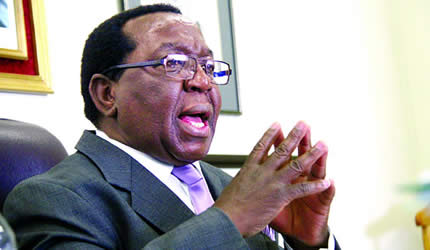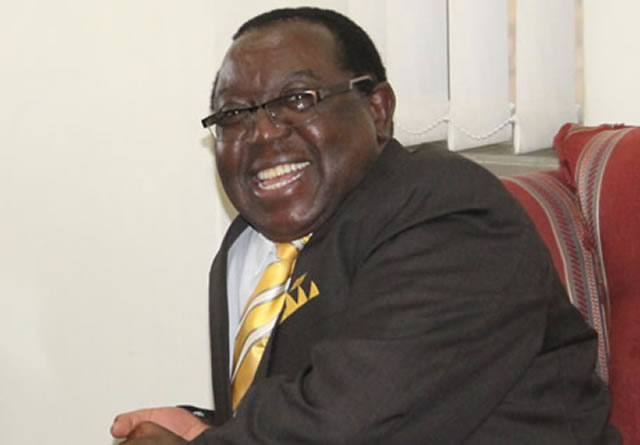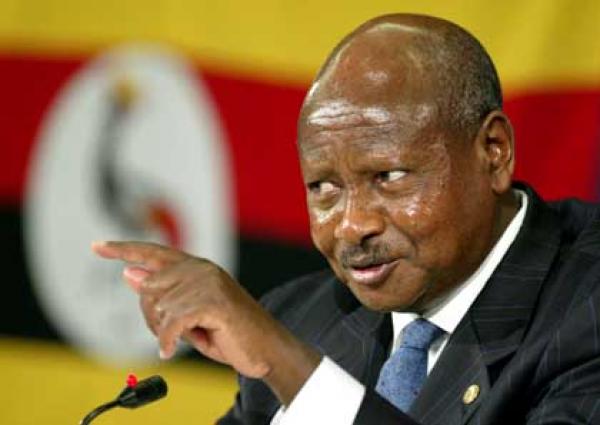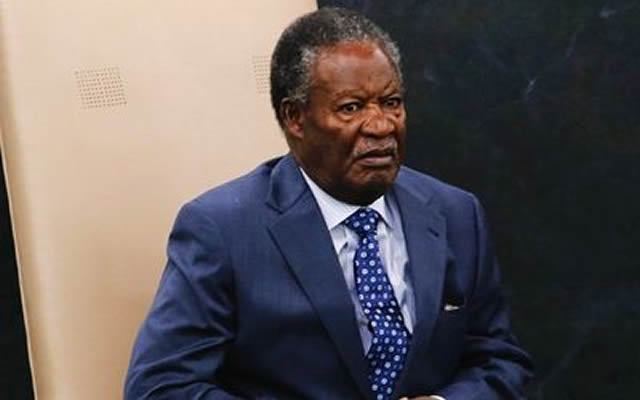Uphold spirit of Unity Accord in VP, national chairman posts

Saul Gwakuba Ndlovu
The vacant second Vice-President’s position in the government of Zimbabwe has generated a great deal of interest, if not controversy, in Zanu-PF circles in particular and throughout the nation in general.The current situation was created by Cde Landa John Nkomo’s death more than two years ago. Cde Nkomo was Zimbabwe’s second Vice-President and before that the Zanu-PF national chairman.
Cde Simon Khaya Moyo became the Zanu-PF national chairman following Cde Nkomo’s death, but did not succeed him in the second Vice-President’s post, hence the vacancy.
The historical background to the current situation was brought about by the December 22, 1987 PF-Zapu/Zanu (PF) Unity Accord following which the former PF-Zapu president, Dr Joshua Mqabuko Nkomo, was elected to the Second Vice-President’s position, a government status and Joseph Bruno Msika, his former deputy in the PF-Zapu, national chairman, a purely political party post.
After Dr Joshua Nkomo’s death in 1999, Cde Msika was appointed the country’s Second Vice-President and Landa John Nkomo stepped into his shoes as Zanu-PF chairman. Cde Msika’s death led to Cde Landa John Nkomo’s elevation to the second Vice-President.
Cde Khaya Moyo, who is also a former PF-Zapu official, took over the Zanu-PF national chairmanship position from Landa John Nkomo. President Robert Mugabe appointed him Senior Minister in the Presidency, a cabinet post at one time held by Dr Joshua Nkomo before he became Zimbabwe’s Second Vice-President.
The foregoing shows that in the post Unity Accord period, the Zanu-PF and government modus operandi has established a tradition some observers may call a convention or a custom. Some may refer to it as a precedent whose spirit has been to create harmony between the Unity Accord signatory political parties.
The practical core of that Accord is to accommodate PF-Zapu at two levels: Government level in the person or office of the Second Vice-President, and at political party level in the person or office of the national chairman of Zanu-PF.
That has been the established traditional modus operandi of both Zanu-PF and the government for the past 27 years (come December 22, 2014). That period is just about five or six years short of a generation and during which the Accord has been standing on two legs, that is one on the political party level (the national chairmanship) and the other on the government level (the Second Vice-Presidency.)
A new rather strictly legalistic interpretation of the Unity Accord has been put forward during the current debate of this undoubtedly important issue. It is to the effect that it is only the Second Vice-President’s post that is reserved for former PF-Zapu but that of the Zanu-PF national chairman is open for contestation.
That view says those of former PF-Zapu who held the Zanu-PF national chairman’s post were not contested because they were prominent national political personalities, and that since their demise, there is no other former PF-Zapu official who deserves to be “honoured” in like manner. Is this not a mere sentiment rather than a fact?
This view is faulty in that it does not consider how the Unity Accord is meant to share political power, responsibilities and authority between the two parties, first at political party level, and, second at government level.
My deeply considered opinion is that the spirit of the Zanu (PF)/PF-Zapu Unity Accord is that at party level, the first and second secretaries would always be from Zanu (PF), but the chairman would be a former PF-Zapu.
At government level, the President and the First Vice-President would always be from Zanu (PF) and the Second Vice-President would be from former PF-Zapu as has always been the case in the past 27 years (as of December 27, 2014).
If this precedent is taken as a justification or as a guide for subsequent decisions, then Simon Khaya Moyo stands a better chance than anyone else to become Zimbabwe’s next Second Vice-President.
Without sounding as if I am campaigning for him, we would be unrealistic not to appreciate the fact that Cde SK Moyo is already in the practical environment from which he is bound to have gained much useful experience.
The chairmanship can be contested for by such senior former PF-Zapu officials as Cdes Naison Khutshwekhaya Ndlovu, Phelekezela Mphoko, Kembo Mohadi, Brigadier (retired) Ambrose Mutinhiri, Cephas George Msipa, Professor George Kahari, Ambassador Kotsho Llyod Dube, Arthur Chadzingwa and Jane Lungile Ngwenya.
The current chairman of the War Veterans Association, Cde Jabulani Sibanda, a former Zipra cadre, has expressed a wish that the Zanu-PF national chairmanship should be given to the association.
It would be most advisable for former PF-Zapu political aspirants to hold consultations so as to choose one candidate for the Zanu-PF national chairmanship.
But if some “indigenous” Zanu (PF) officials decided to contest and win, we would rightly feel that the Unity Accord would have been deprived of one of its two legs, the political party leg, leaving it on only one leg, that of the state office of the Second Vice-President.
That would in fact and effect mean a reduction of political power, responsibilities, authority and status from the former PF-Zapu in the national political equation. It would be a breach in effect of the spirit of the Unity Accord, and to point fingers later as to whom to blame would be as futile as to try and collect milk that has spilt on a sandy desert.
Saul Gwakuba Ndlovu is a Bulawayo-based retired journalist. He can be contacted on cell 0735328136 or through email [email protected]












Comments